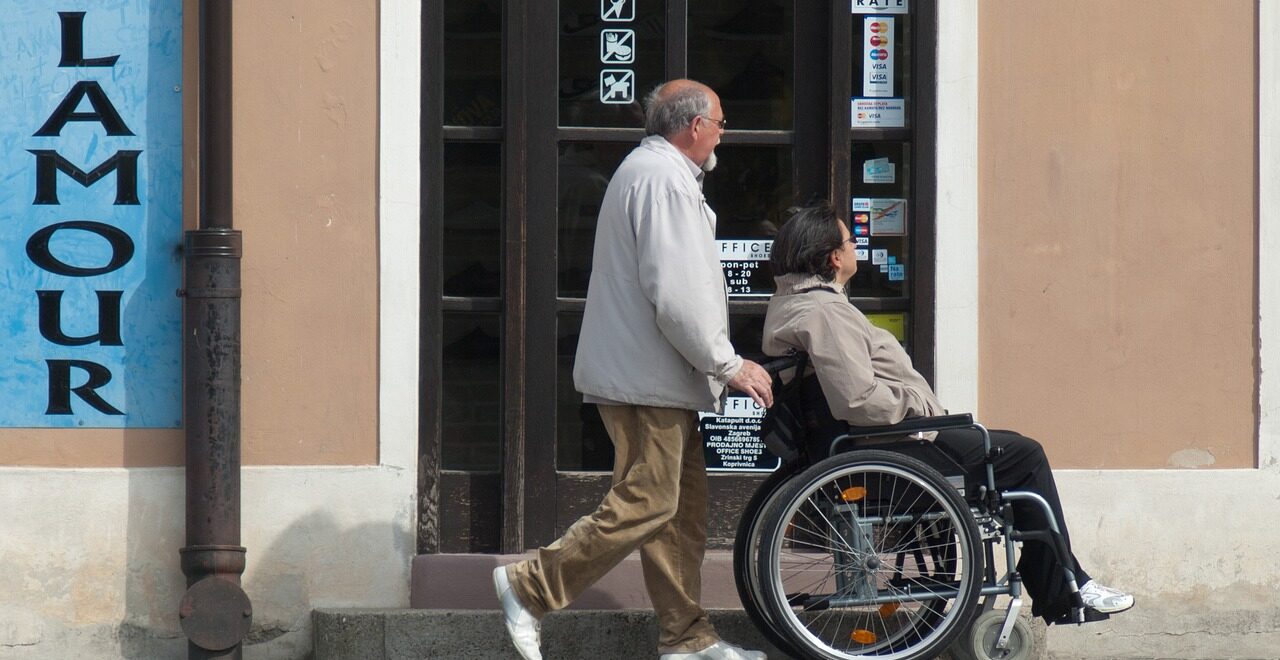Active Aging Initiatives
As people age, they may encounter unique challenges like health issues, loneliness, and limited mobility.
By understanding and addressing these challenges, we can ensure our elders receive the care, support, and love they deserve as they journey through their later years.
Geriatric healthcare is crucial for ensuring our elders receive the medical attention they need to stay healthy and active.
As individuals age, they may contend with chronic conditions such as arthritis, diabetes, and heart disease, requiring specialized care and management.
By investing in geriatric healthcare services and providers, we can help our seniors maintain their health, independence, and quality of life as they age.
Senior living options offer various housing choices and services tailored to the needs of older adults.
From independent living communities to assisted living facilities and nursing homes, seniors can select the level of care and support that best suits their needs and preferences.
By exploring different senior living options and finding the right fit, our elders can enjoy a safe, comfortable, and fulfilling living environment that supports their well-being and independence.
Aging in place is the desire of many older adults to remain in their own homes and communities as they age.
This allows seniors to uphold their independence, social connections, and familiar routines while receiving the necessary support and assistance to stay safe and healthy.
By providing services such as home healthcare, transportation, and meal delivery, we can help our elders age in place with dignity and grace.
Elderly isolation is a significant concern for many older adults, particularly those who live alone or have limited social connections.
Loneliness and isolation can lead to serious physical and mental health issues, including depression, anxiety, and cognitive decline.
By reaching out to our elders with regular visits, phone calls, and social activities, we can combat loneliness and isolation and promote their well-being and happiness.
Dementia care is essential for older adults living with Alzheimer’s disease and other forms of dementia.
Dementia can be challenging for both the affected individuals and their caregivers, necessitating specialized care, support, and understanding.
By providing dementia-friendly environments, memory care programs, and caregiver support services, we can help our elders living with dementia maintain their dignity, autonomy, and quality of life.
Intergenerational programs bring together people of different ages to learn, share experiences, and build relationships.
These programs benefit both older adults and young people by fostering connections, promoting understanding, and challenging ageism and stereotypes.
By participating in intergenerational programs, our elders can stay engaged, active, and connected to their communities while sharing their wisdom and experiences with younger generations.
Palliative care focuses on providing relief from the symptoms and stress of serious illness, aiming to improve the quality of life for both patients and their families.
It is an essential component of elderly care, offering physical, emotional, and spiritual support to older adults with serious or life-limiting illnesses.
By integrating palliative care into geriatric healthcare services, we can ensure that our elders receive compassionate and holistic care that honors their preferences and values.
Elder abuse prevention is crucial for protecting older adults from mistreatment, neglect, and exploitation.
Elder abuse can take various forms, including physical, emotional, and financial abuse, with devastating consequences for victims.
By raising awareness, providing education, and offering support services to older adults and their caregivers, we can help prevent elder abuse and ensure our elders are treated with dignity, respect, and compassion.
Social support for seniors is essential for promoting well-being and quality of life in older adults. Social activities, support groups, and community programs can help older adults stay connected, engaged, and active in their communities.
By providing opportunities for socialization, recreation, and meaningful activities, we can combat loneliness and isolation and promote the health and happiness of our elders.
Active aging initiatives encourage older adults to stay active, healthy, and engaged in life through physical activity, mental stimulation, and social interaction.
By promoting healthy behaviors, lifelong learning, and opportunities for volunteering and civic engagement, we can help our elders live fulfilling and meaningful lives as they age.
In conclusion, elderly care and well-being are essential for ensuring our beloved seniors enjoy their golden years with dignity and comfort.
By understanding their unique needs and challenges and implementing strategies to address them, we can promote the health, happiness, and dignity of our elders and create communities where people of all ages can thrive and flourish.

